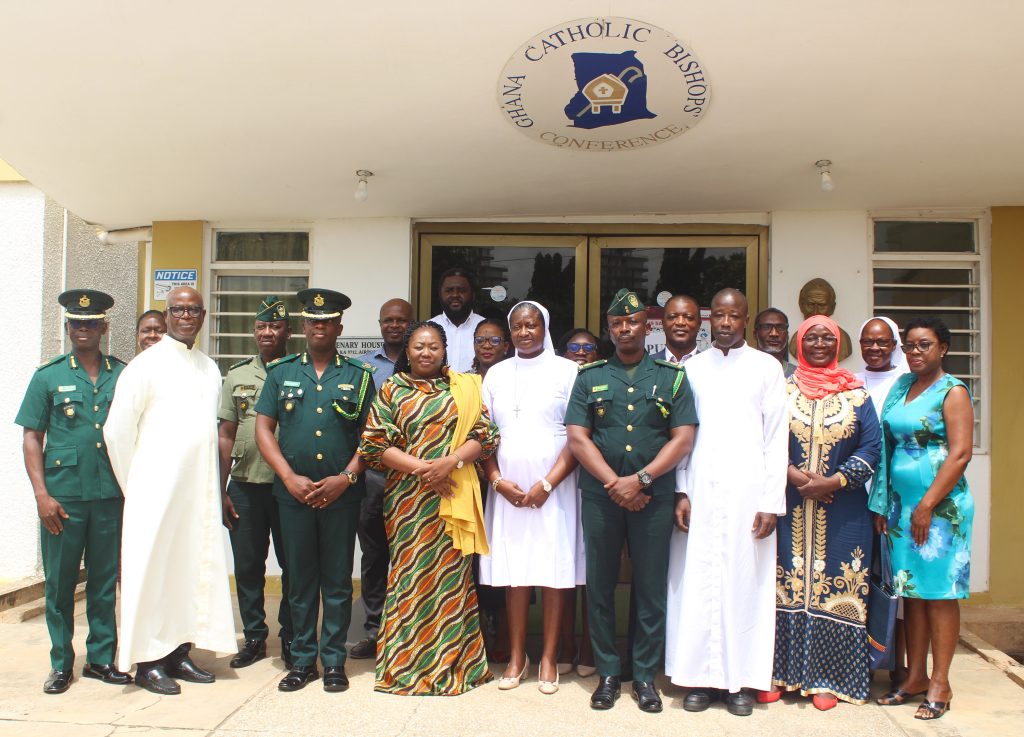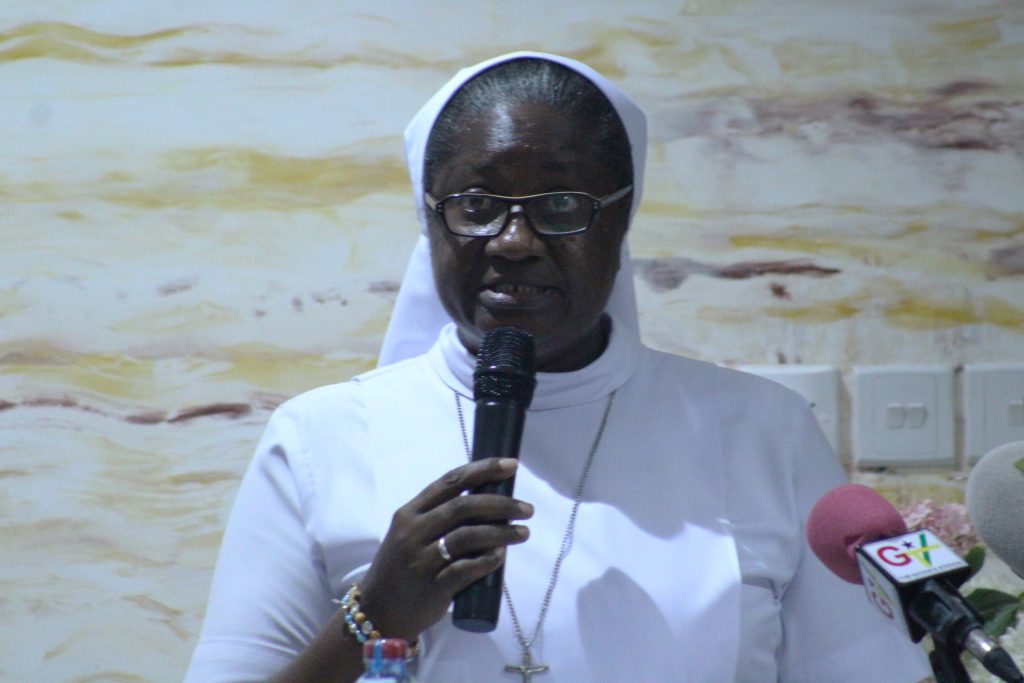By James Amoh Junior
Accra, April 13, GNA – A total of 1,939 Liberian refugees have been integrated into the country through the granting of Residence Permits and other support programmes, the Ghana Immigration Service (GIS) has said.
The GIS in 2022, received and helped a total of 2,847 migrants, constituting 1,905 males and 942 females to be reintegrate into various communities in Ghana.
Mr Kwame Asuah Takyi, Comptroller-General of Immigration, speaking at the launch of the Caritas Ghana initiative, Support Service for Migrants and Refugees in Transit (SMART) for Inclusive Development Project in Accra, said the Service had helped returned migrants and refugees and collaborated with relevant stakeholders for their reception, registration, hosting, and integration in the country.
The “SMART for Inclusive Development” Project is an initiative by Caritas Ghana, a charity organisation of the Ghana Catholic Bishops’ Conference, with support from the Dicastery for Promoting Integral Human Development at the Vatican.
It aims at offering altruistic assistance and the rehabilitation of returned migrants and refugees in Ghana in nine out of the 16 regions.
The regions are Ahafo, Bono-East, Greater Accra, Northern, Upper East, Upper West, Volta, Western and Oti.
The project was designed to achieve an overall goal of providing “responsive humanitarian assistance and reintegration support for returned migrants and refugees in Ghana and curtail the menace of irregular migration from Ghana into the West through Social and Behavioural Change Communication activities in the communities by 2025.”
The Comptroller-General of Immigration said the assistance to migrants had contributed considerably to the fight against irregular migration and the promotion of safe, orderly and legal migration.

Mr Takyi, whose speech was read on his behalf by Assistant Commissioner of Immigration (ACI), Isaac Ghansah, said the Ghana Immigration Service through the Migration management Bureau had embarked on regular education and sensitisation programmes to create awareness on the dangers of irregular migration and avenues for safe and legal migration.
He said, in addition to creating awareness, the Service had investigated and prosecuted several document fraud, human trafficking and other related cases to serve as a deterrent to miscreants.
For instance, he said in March 2023, the Anti-Human Smuggling and Trafficking in Person Unit successfully prosecuted a human trafficking case gaining conviction of a 15-year prison term for the trafficker.
In the first quarter of 2023 alone, he noted that some 33 persons had been convicted for various offences, including attempts to obtain Ghana passports by false declaration and other documents resulting in impersonation.
He said issues of migration was an essential constituent of globalisation and development and integral part of humanity and that in view of the critical role it played, there was the need to ensure that it was safe, orderly, regular, and responsible as prescribed in the Sustainable Development Goal.
Rev. Fr. Charles Boampong Sarfo, Assistant Secretary General, National Catholic Secretariat, said to ensure that activities and project structures continued to work beyond the funding window, Caritas Ghana would ensure a community-driven approach to the project implementation.

That, he said, would require the adoption of local structures and partners to carry out direct implementation whilst Caritas Ghana played a facilitating role, adding that the local government structures would be directly engaged to enable them to learn from the process and begin to include the project intervention in their annual operational plan.
The Project action, Fr. Sarfo said, would include improving the institutional capacity of Caritas Ghana to respond to the relief and emergency needs of migrants and refugees in Ghana, shifting the perspectives of migrants, refugees and their families, and community on successes and failures related to migration.
Rev. Sr. Regina Ignatia Aflah, Project Coordinator, Human Rights and Justice, called for the support of all stakeholders to enable Caritas Ghana harvest as many outcomes as possible to secure the future of the country’s labour force, which was under threat due to the menace of irregular migration.
GNA